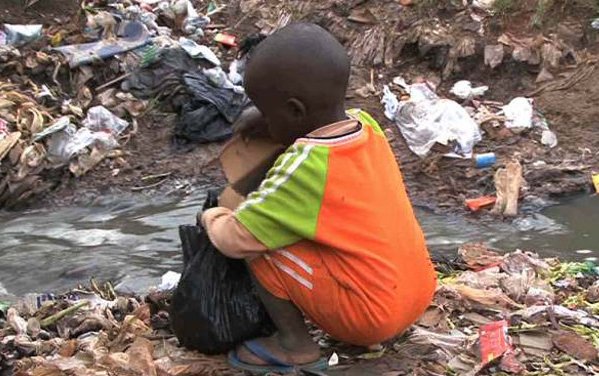
The Kenyan Government and bilateral partners will implement a raft of policy and funding interventions aimed at expanding access to basic sanitation in the country, officials said at a forum on Tuesday in Nairobi.
The Cabinet Secretary for Health, Cleopa Mailu, said that higher budgetary allocation from the Treasury coupled with capacity building and public awareness would reinvigorate the sanitation agenda in the country.
“The government is committed to expanding access to sanitation among the under-served communities. The launch of new policy tools increased funding and community involvement will ensure achievement of this objective,’’said Mailu.
Senior policymakers, representatives from multilateral lenders, researchers and grassroots campaigners attended the 2nd National Sanitation and Hygiene Conference in Nairobi.
Mailu said that the government has prioritised investments in sanitation and hygiene in order to reduce a rising burden of communicable diseases in remote counties and urban slums.
“We have launched comprehensive national action plans to accelerate access to basic sanitation. Both the national and county governments have integrated sanitation financing in their development plans,” Mailu said.
Mailu said the government had encouraged industry to invest in low cost technologies that boost sanitation coverage in the country.
He noted that investment in community-led initiatives had provided durable solution to infectious diseases linked to low use of pit latrines in remote villages.
“In the last three years, Kenya has increased the number of open defecation-free villages from 1,231 to 5,434 after the launch of an initiative to encourage households to construct pit latrines,” said Mailu.
Improved sanitation has a direct impact on economic growth as well as ecological and human health in Kenya.
Kepha Ombacho, the Director of Public Health in Kenya’s Ministry of Health, said that investments in sanitation and hygiene would have spinoff effects in the country.
“One dollar spent on sanitation will inject five additional dollars to the economy. Investments in modern sanitation infrastructure will reduce the disease burden and boost productivity of our workforce,” Ombacho said.
A study conducted by multilateral lenders several years ago indicated that Kenya loses an estimated 270 million dollars annually due to poor sanitation.
Chris Heymans, a senior water and sanitation specialist at the World Bank Group Water Global Practice said that innovative financing combined with behavioural change is key to boosting sanitation coverage in Kenya.












